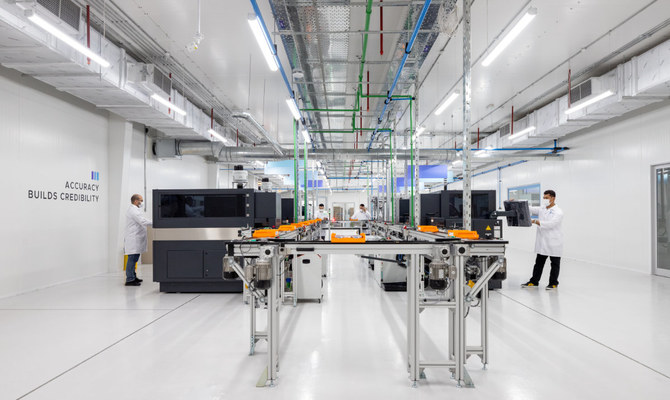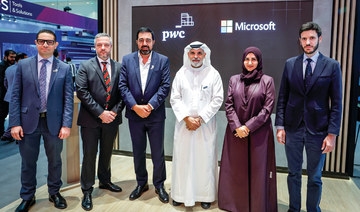RIYADH: After joining hands with two leading universities in Saudi Arabia — Umm Al-Qura and King Saud — to provide training facilities to students who are studying to become opticians, Magrabi Retail Group, the Middle East’s leading eyewear retailer, is eyeing more such initiatives, its CEO said.
Speaking in an exclusive interview with Arab News, Yasser Taher said Magrabi is working on the implementation of an internal Retail Academy across the Kingdom covering all its teams: optometrists, opticians, client advisors and managers.
“The Retail Academy covers all aspects of training and development around vision correction, technical know-how, client experience, product expertise, fashion and lifestyle, operational management and leadership.
“The Retail Academy will be in-house at Magrabi and it will be deployed across all the countries we are operating in,” Taher said.
The big picture
Commenting on the big picture behind the training programs Magrabi is participating in with Umm Al-Qura and King Saud universities, Taher said the company has taken on the responsibility as an industry leader to support the Saudi government to develop local talent.
“We are doing what we can to equip students with the most advanced program to become professional opticians,” he explained. “We will continue to elevate the industry standards in Saudi with the most advanced technologies.”
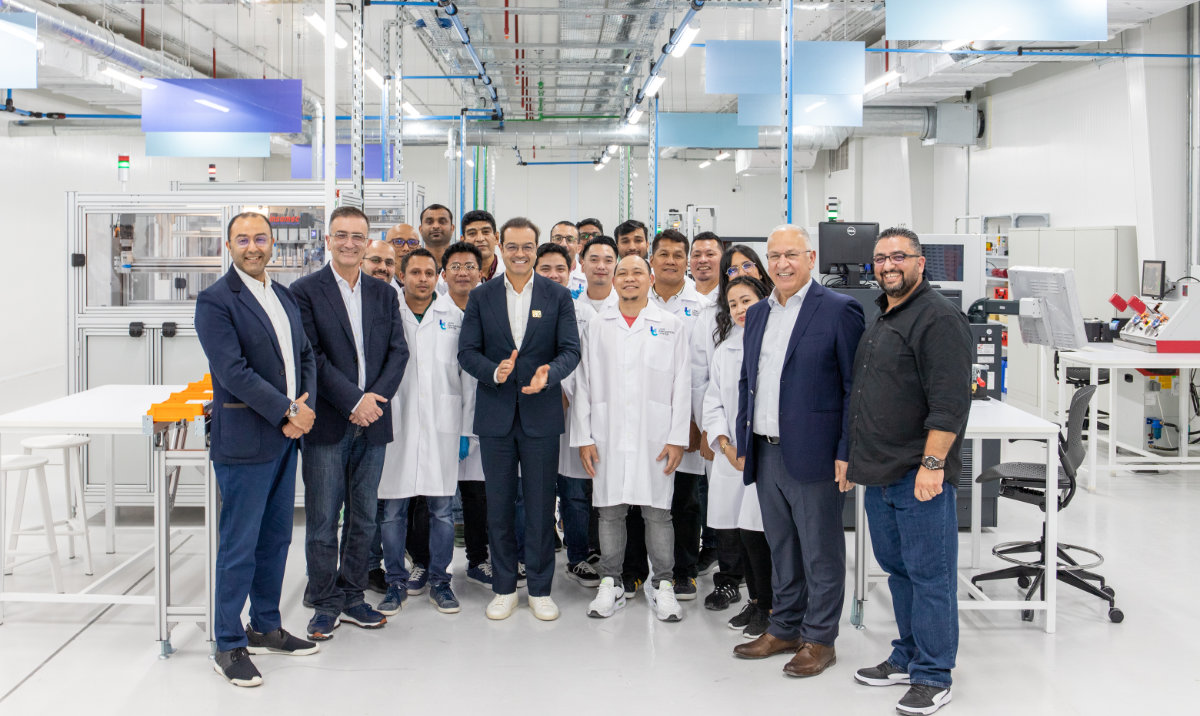
Talking of the key highlights of these training programs, Abdelazem ElGarawany, Saudi market vice president, Magrabi Retail Group, told Arab News: “These programs are focusing on technical information and knowledge which is the core of the optical field in addition to soft skills and marketing customized to fit the specialized medical field.”
With regard to the thought process behind partnering with the two universities ElGarawany said: “Umm Al-Qura and King Saud universities are two of the top universities in the region, and the objective was to have solid and long-term partnerships with entities that can provide a huge value to the industry alongside our expertise in the optical field.
“We depend on scientific research about the market need and what is the required know-how for this specialized industry which led us to partnering with King Saud and Umm Al-Qura universities.”
He further explained that this partnership “will provide the perfect start to establish the right foundation to the programs.”
While Magrabi’s long-term partnership with Umm Al-Qura University seeks to provide training facilities including venues, a laboratory, tools and machines for the execution of the program in Riyadh, the tie up with King Saud University aims to provide missing tools and machines for the laboratory.
The program in Umm Al-Qura University started on March 4, and it was recommended that Magrabi has instructors for some subjects from its side to educate the students about its world-class standards and procedures.
The first batch of the program was dedicated only for Magrabi, and the Magrabi team was involved in the selection of students also.
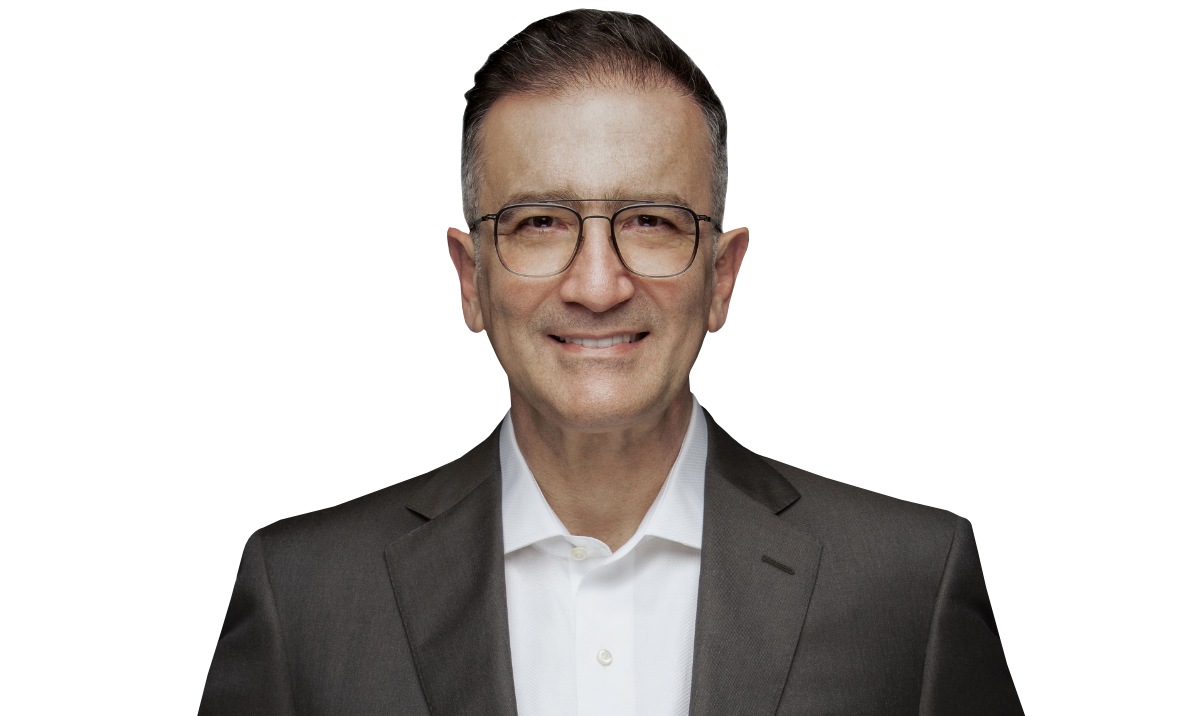
We want to play a major partnership role with governmental agencies to promote the industry and get the best talent to be well trained and equipped.
Yasser Taher, Magrabi Retail Group CEO
For the western region, the priority was for Magrabi to select the first batch from the Makkah branch.
Some programs will also be executed in the Eastern Province and Magrabi will be considered as a first partner there as well.
Moving forward, Magrabi will be signing a new agreement with the Umm Al-Qura University to also include the major cities like Jeddah, Makkah and Madinah in the western region and the Eastern Province and the capital city Riyadh
For its part, the university will support the direction of unifying the programs running currently to be the same duration, subjects and certifications.
With regard to the partnership with King Saud University, Magrabi will present the company’s values and culture and explain the benefits for endoscopic cyclophotocoagulation on Career Day.
The university, on the other hand, will provide Magrabi all data for the graduated students to be part of the Career Day and offer training for the last year in Magrabi stores and facilities as part of an internship program.
Starting from the next graduated batch, Magrabi will also have priority when it comes to being involved in the selection of students.
HIGHLIGHT
While Magrabi’s long-term partnership with Umm Al-Qura University seeks to provide training facilities including venues, laboratory, tools and machines for the execution of the program in Riyadh, the tie up with King Saud University Provide aims to provide missing tools and machines for the laboratory.
What’s more, after getting necessary approvals from the university’s legal department, it was also agreed to name the laboratory after Magrabi.
“Magrabi provided the experience (to the universities) from the daily situations and offered the practical know-how and our experience in customer service and optical knowledge,” according to ElGarawany.
Nurturing local talent
Asked what Magrabi hopes to achieve from these training programs in the long term, Taher replied: “We want to play a major partnership role with governmental agencies to promote the industry and get the best talent to be well trained and equipped."
“We also want to provide a continuous pipeline of Saudi opticians to support the growth of the industry,” he continued.
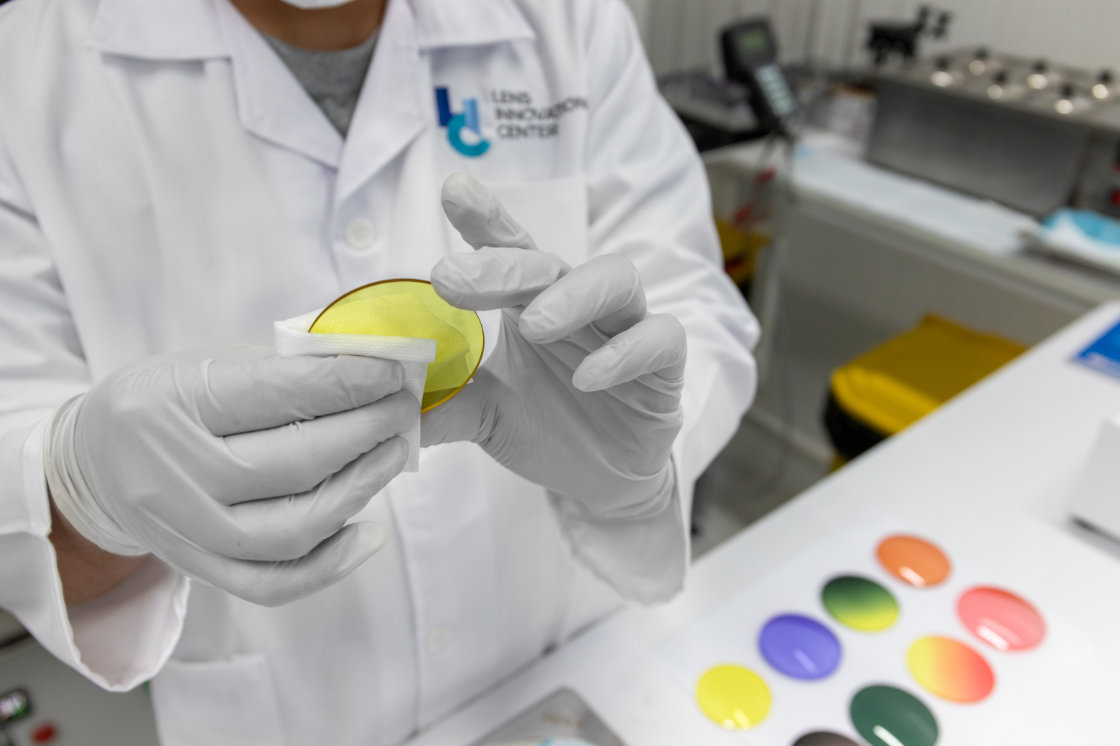
ElGarawany added: “Once the Saudization decision was issued by the Ministry of Human Resources, we felt it was our responsibility to be part of this vision and to lead the development of this program as an industry leader.”
Taher is clear with regard to the vision Magrabi has for students who have enrolled into these training programs. “We provide an amazing learning experience combining curriculum education with practical experience in our stores — both the Magrabi and Doctor M banners — during the entire program,” he said.
“In addition, we offer employment opportunities after the completion of the program and create a career journey for the students.
“Our plan promises career opportunities to all graduated students with a clear career path inside the Magrabi organization in addition to empowering all certified opticians to take a leadership role in all sections and departments inside the organization,” added ElGarawany.
After taking over as the CEO earlier this year, Taher told Arab News he was very excited about transforming this family business to become a world-class business group.
“It’s a very progressive business that wants a place for itself on a global platform and is not just about finances and numbers,” he had said.
For Taher and his team, it is not just about growing the business and expanding the company’s footprint, but also about taking social impact programs to develop local talent that will establish Magrabi as a business group that the region — and the world — looks up to.



